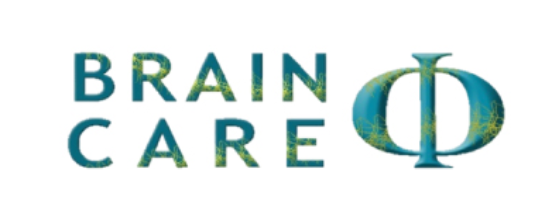
Bipolar Disorder
WHO WE HELP
Anger Management
Bipolar Disorder
Eating Disorders
Peak Performance
Background and Prevalence of Bipolar Disorder
While there are several types of bipolar disorder, it is typically classified as a mood/affective disorder (disorder of the brain/neurobiological) which can be disabling for an individual; affecting mental (e.g., thoughts and behaviour) and physical health.
Common symptoms experienced include depressive episodes: feelings of extreme sadness, feelings of hopelessness, and decreased interest and pleasure in things or novelty. An individual may also experience a fluctuation of mania or hypomanic episodes which include high mood, accelerated speech, reduced sleep, increased agita9on, increased ac9vity (Black Dog Institute, 2023).
Causes of Bipolar Disorder
From what research suggests, there is no single cause for onset of bipolar disorder, however, it is considered to be linked to a variety of causes, such as: gene9cs, psychological (e.g., trauma, high periods of stress), environmental, and biochemical factors (e.g., substance abuse). However, there is growing evidence that gene9c factors account for higher prevalence of inherited bipolar disorder. There is also suppor9ng evidence that bipolar disorder is linked with brain func9oning problems (e.g., neurotransmitters) associated with three brain chemicals; serotonin, norepinephrine, and dopamine. A key finding is an imbalance of serotonin levels and its role of feedback to other brain chemicals, in-turn, resul9ng in mood swings (NHS, 2023).
Management of Bipolar Disorder
Bipolar disorder usually requires diagnosis and treatment by a psychiatrist. However, evidence con9nues to support the benefits for psychological interven9on to assist manage symptoms associated with the condi9on. Interven9ons employed at Brain Care include (but not limited to), behavioural therapies, emo9on-behavioural, neurofeedback therapies, as well as comprehensive progress tracking. The goal of psychological interven9on in addi9on to medica9on treatment is to assist outcomes of controlling, reducing, or preven9ng episode severity and frequency to improve quality of daily life so that the individual may con9nue to par9cipate within aspects of their life.
Supporting Research for Assessment and Intervention
Advancements in electroencephalography (EEG) continue to support investigation for non-invasive assessment and treatment of neurological disorders such as bipolar disorder. A study on bipolar disorder was conducted by Kesebir & Yosmaoğlu (2018) establishing that on a neuronal level there was an incongruence detected between prefrontal and limbic activities identifying dysfunctional connec9vity. Changes identified within EEG are commonly detected when studying bipolar disorders, notably, there may be increased theta and delta, and decreased alpha wave bands (Degabriele and Lagopoulos, 2009).
Why Neurofeedback?
Neurofeedback / neurotherapy is a non-invasive means to retraining the brain to assist develop improved emotional control (e.g., self-regulation), and in-turn, stabilise moods through increased relaxation. Neurofeedback aims to target the identified root of the issue by determinations and conclusions informed by a qEEG. This intervention of targeting treatment has great potential to be effective in reducing symptoms associated with bipolar disorder.
Contact Us

